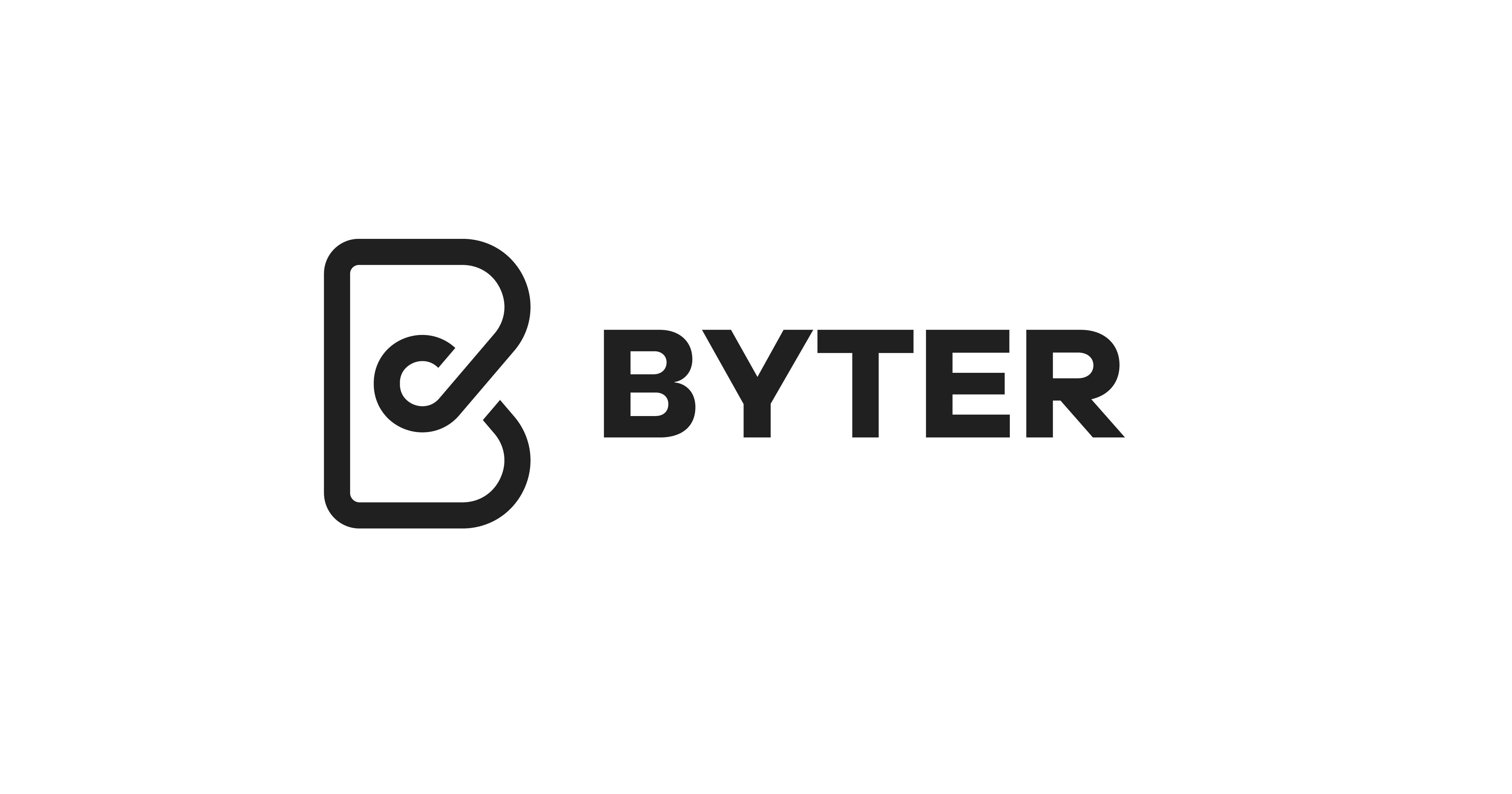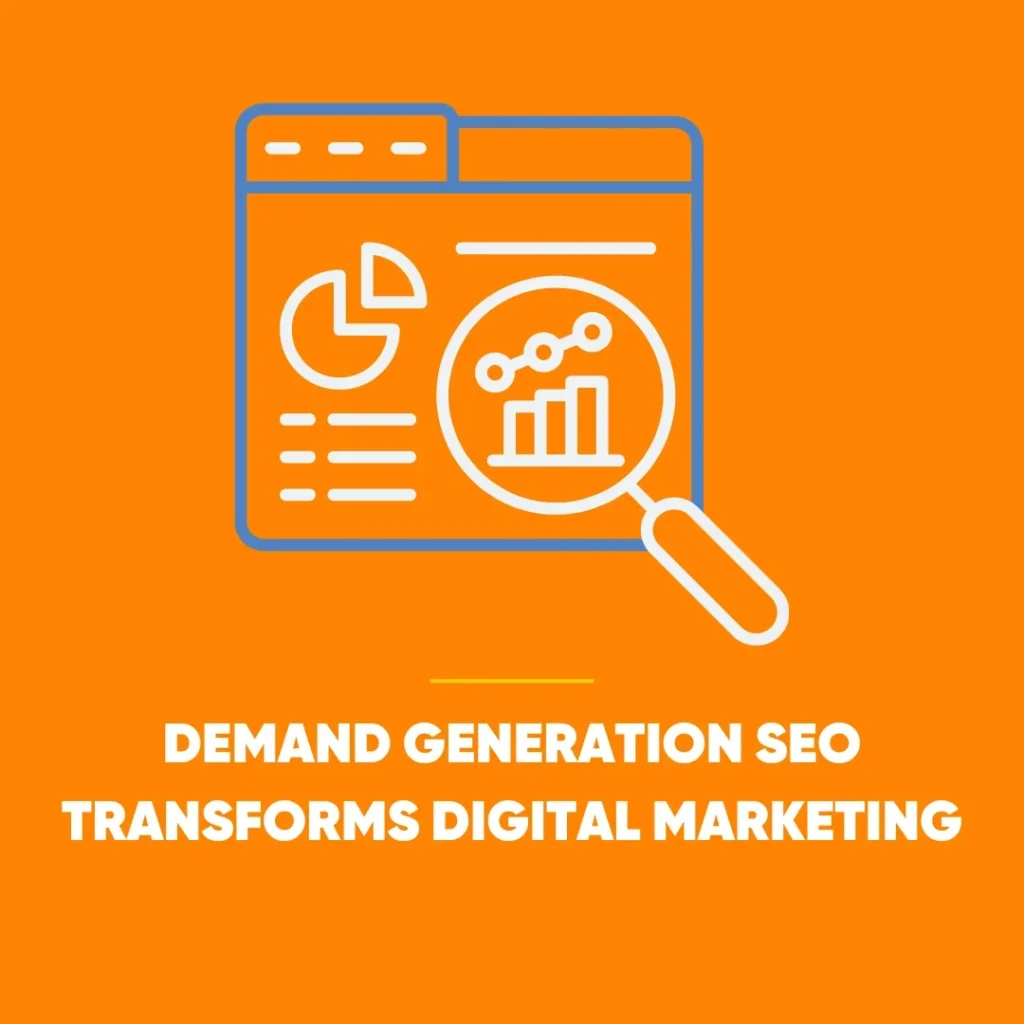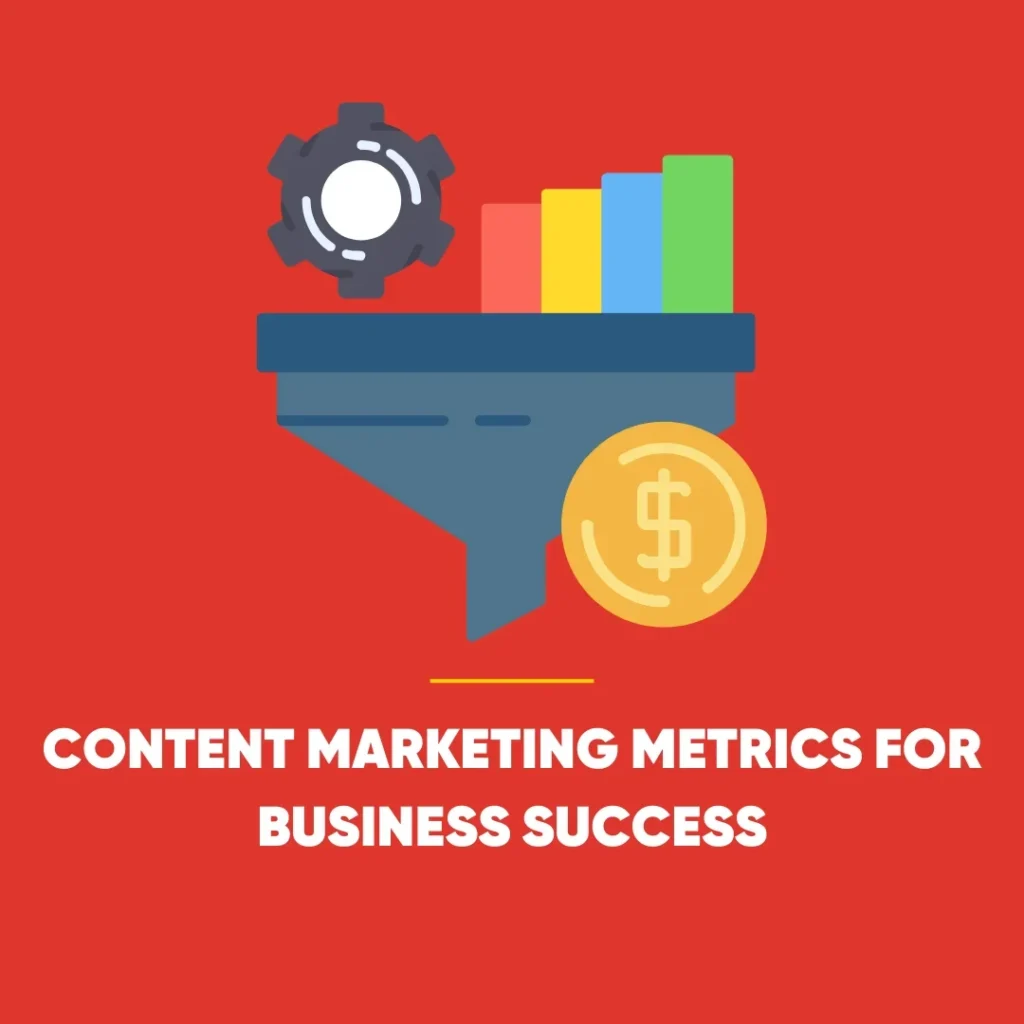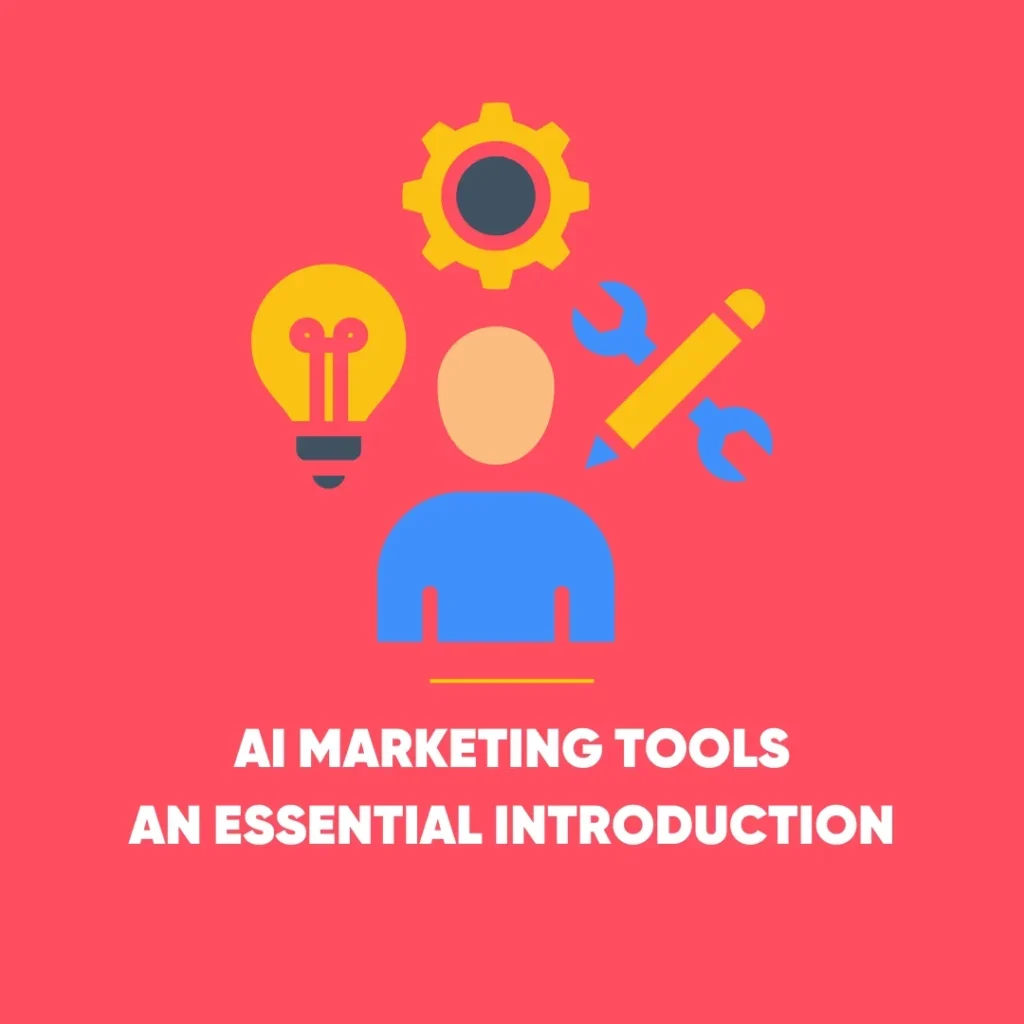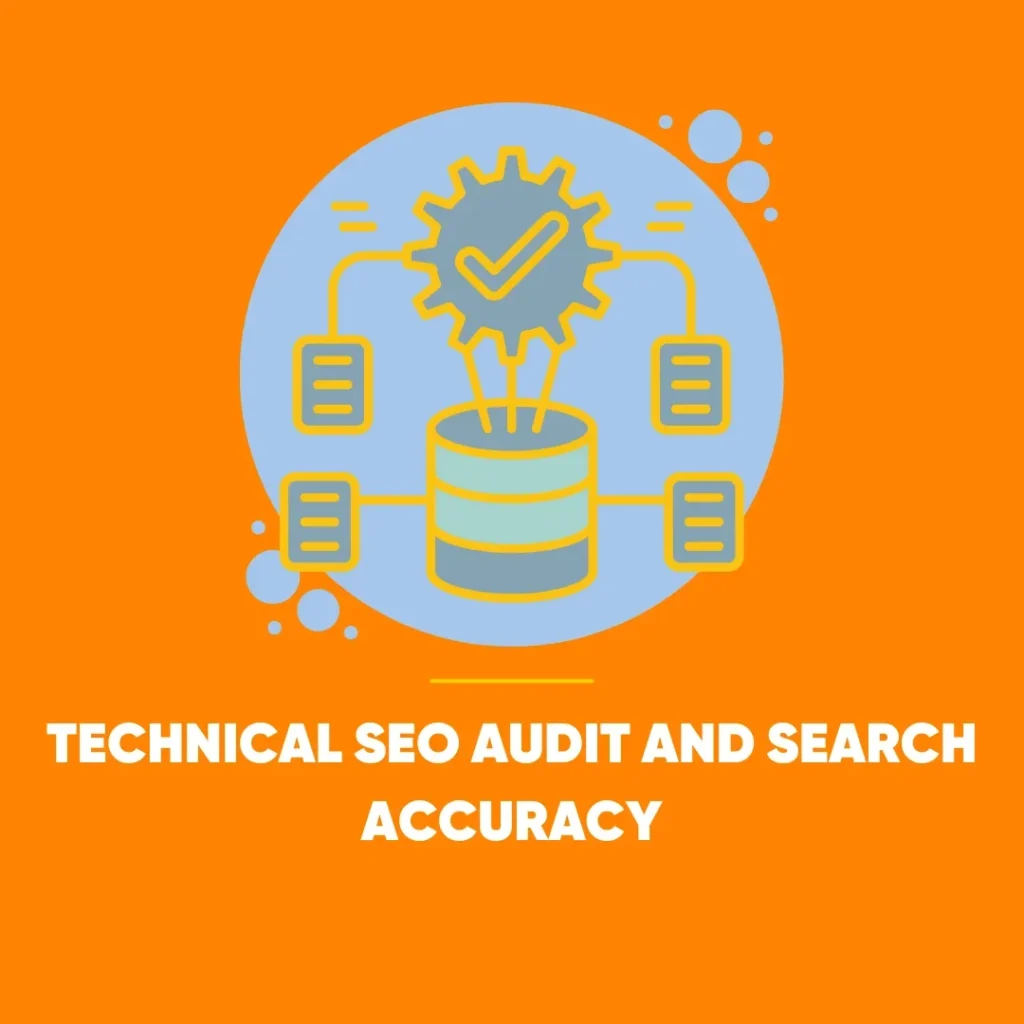WordPress CMS Decline and Future
In 2025, WordPress remains widespread – yet the signs of a growing WordPress CMS decline are becoming impossible to ignore. Once hailed as the open-source champion of web publishing, it now finds itself drifting further from the innovation it once embodied. While it continues to power a significant portion of the internet, WordPress is increasingly regarded as a system stuck in its own past – bloated, fragmented, and diluted by commercial interests.
The question no longer is whether WordPress can maintain its dominance, but whether it’s still the right choice for a rapidly evolving digital world.
A Platform Built for a Different Era
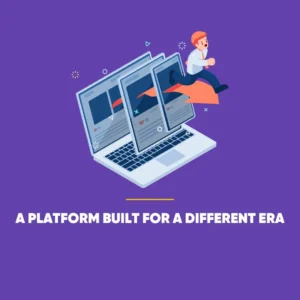 WordPress has always been something of a patchwork. Built on PHP and MySQL, supported by a sprawling ecosystem of plugins and themes, it gave rise to a generation of website creators – from hobbyist bloggers to large-scale eCommerce operators.
WordPress has always been something of a patchwork. Built on PHP and MySQL, supported by a sprawling ecosystem of plugins and themes, it gave rise to a generation of website creators – from hobbyist bloggers to large-scale eCommerce operators.
That messy flexibility was once its strength. In an age where simplicity and accessibility were hard to come by, WordPress empowered millions. However, what was once seen as liberating now feels increasingly cumbersome. The platform has reached a point where its architecture and development philosophy are out of step with the needs of modern developers and digital businesses.
The Block Editor Conundrum
When the Gutenberg editor was first introduced, it was intended as a turning point – a step towards modernity. By 2025, that promise has evolved into Full Site Editing (FSE), block-based themes, and design systems built around React components.
While technically forward-looking, the implementation has left many behind. Experienced users who once found comfort in the classic editor have been alienated. Casual creators, meanwhile, are often overwhelmed by the complexity of blocks, patterns, and settings that feel more like development frameworks than writing tools.
The result is an identity crisis: WordPress is no longer simple enough for beginners, nor sophisticated enough to satisfy modern frontend developers accustomed to composable systems, headless setups, or JavaScript-heavy workflows.
A Marketplace Overrun by Monetisation: WordPress CMS Decline
One of the starkest changes in recent years is the shift from open-source generosity to aggressive monetisation. The once-rich ecosystem of free plugins and themes has been increasingly cordoned off behind premium subscriptions and feature-locked freemium models.
It’s now standard practice to build a WordPress site using multiple paid tools – often totalling hundreds of pounds annually – just to achieve basic functionality and performance. The experience feels less like crafting a digital space and more like assembling a checkout basket.
This commercialisation undermines the platform’s original ethos. What was once a community-driven project accessible to all now often feels like a shopping mall for digital add-ons, with functionality drip-fed through tiered pricing.
The Developer Experience Hasn’t Kept Up
Ask a developer in 2025 what they think of WordPress, and the answers are rarely enthusiastic. For those working in TypeScript, using modern CI/CD pipelines, or deploying serverless applications, WordPress is increasingly incompatible with their workflows.
Headless architecture? Possible – but clunky. Modern APIs? Third-party plugins are often needed. Security? Still a persistent concern. And the WordPress dashboard, despite minor updates, remains a relic of another era.
Platforms like Next.js, Astro, and Sanity meet developer needs with speed and elegance. In contrast, WordPress still relies on outdated hooks, filters, and legacy methods.
The Headless Illusion: WordPress CMS Decline
The attempt to pivot WordPress into a headless CMS is telling. In theory, decoupling the backend from the frontend makes sense – especially for performance or flexibility. But in practice, this often raises the question: if you remove the frontend, why use WordPress at all?
There are now faster, leaner, and more intuitive alternatives. Tools like Payload, Strapi, and Contentful offer streamlined APIs, modern admin panels, and zero legacy baggage. WordPress as a headless backend can work, but few would argue it’s the best tool for the job anymore.
Corporate Drift and a Split Community
At the heart of WordPress lies a growing disconnect between its open-source community and the company most associated with it: Automattic. As Automattic expands its suite of premium services and commercial tools, the gap between WordPress.com and the self-hosted .org version continues to widen.
While the community maintains its passion, many contributors now feel they’re upholding a system that primarily benefits a corporate entity. This two-tiered model – with sleek features and polished UI reserved for commercial users – contrasts sharply with the slower, consensus-driven pace of open-source core development.
The spirit of collaboration that once fuelled WordPress’s rise now feels strained by corporate priorities and commercial goals.
A Future Fragmented: WordPress CMS Decline
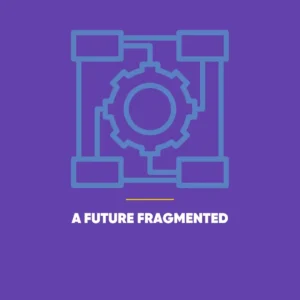 So what lies ahead? It’s unlikely that WordPress will disappear. Its footprint is too vast, its legacy too entrenched. But what seems more probable is continued fragmentation.
So what lies ahead? It’s unlikely that WordPress will disappear. Its footprint is too vast, its legacy too entrenched. But what seems more probable is continued fragmentation.
Specialist versions of WordPress may emerge – tailored for eCommerce, publishing, or education. More developers will opt for hybrid solutions that use WordPress only as a content database, relying on modern frameworks for everything else. And a slow but steady migration towards competing CMSs will continue as developers and agencies seek faster, cleaner, and more customisable alternatives.
Is There Still a Place for WordPress?
Absolutely – but it’s a narrower place than before. For content creators with minimal technical needs, WordPress still offers a familiar and flexible experience. Small businesses with limited budgets may still find it a practical option.
However, for developers and agencies focused on performance, scalability, and future-proofing, the platform increasingly feels like an anchor rather than a sail.
Final Thoughts: Not Dead, But Dated
WordPress is not in its death throes – but it is undeniably ageing. Its golden era of expansion and community-driven progress has given way to slower updates, increasing monetisation, and growing irrelevance in developer circles.
By 2025, it’s clear that WordPress is no longer leading the charge. It’s coasting on past momentum, serving a shrinking slice of the digital pie. For some, it still works just fine. But for many, it’s time to look elsewhere.
And that might not be a tragedy – just the natural progression of a tool that once transformed the internet, and now needs to make room for what comes next.
